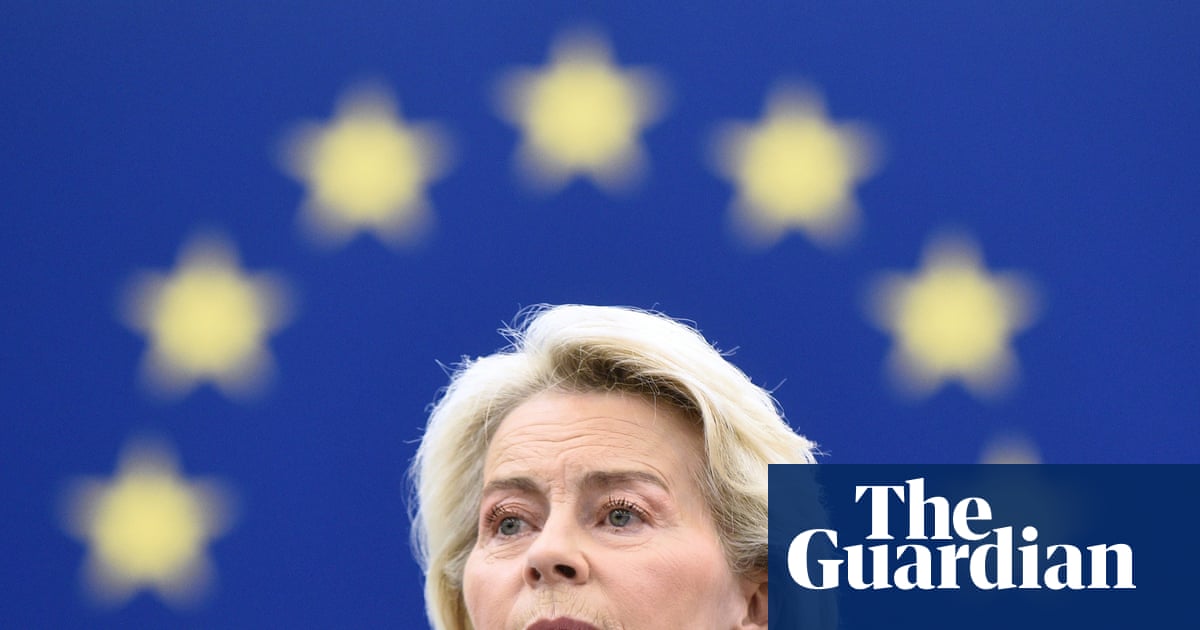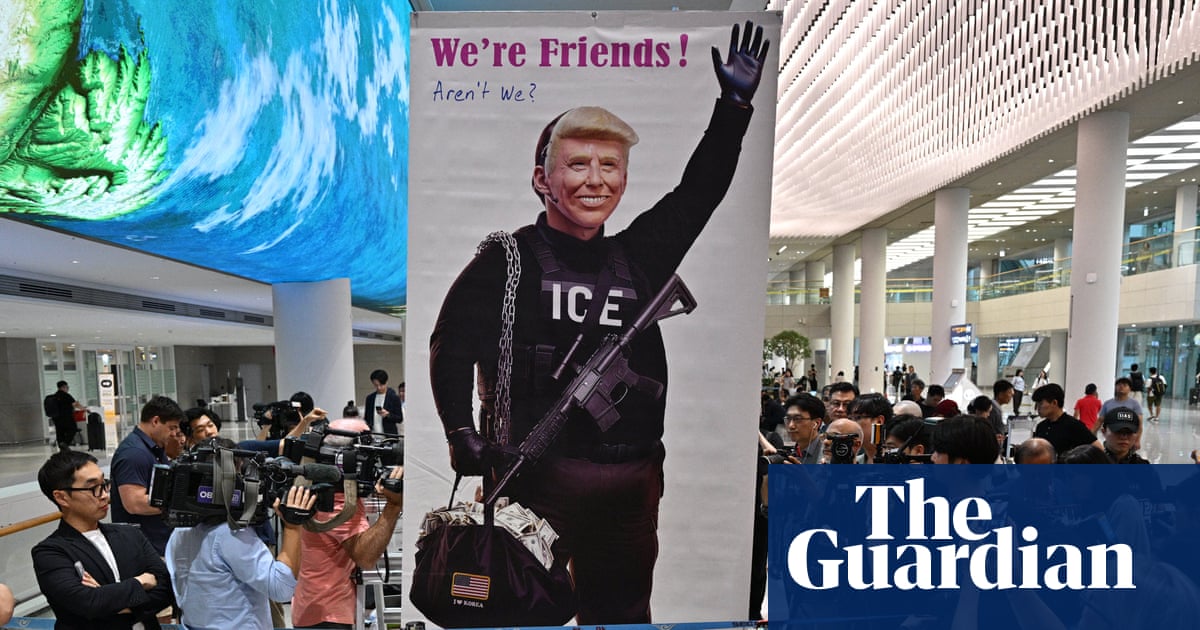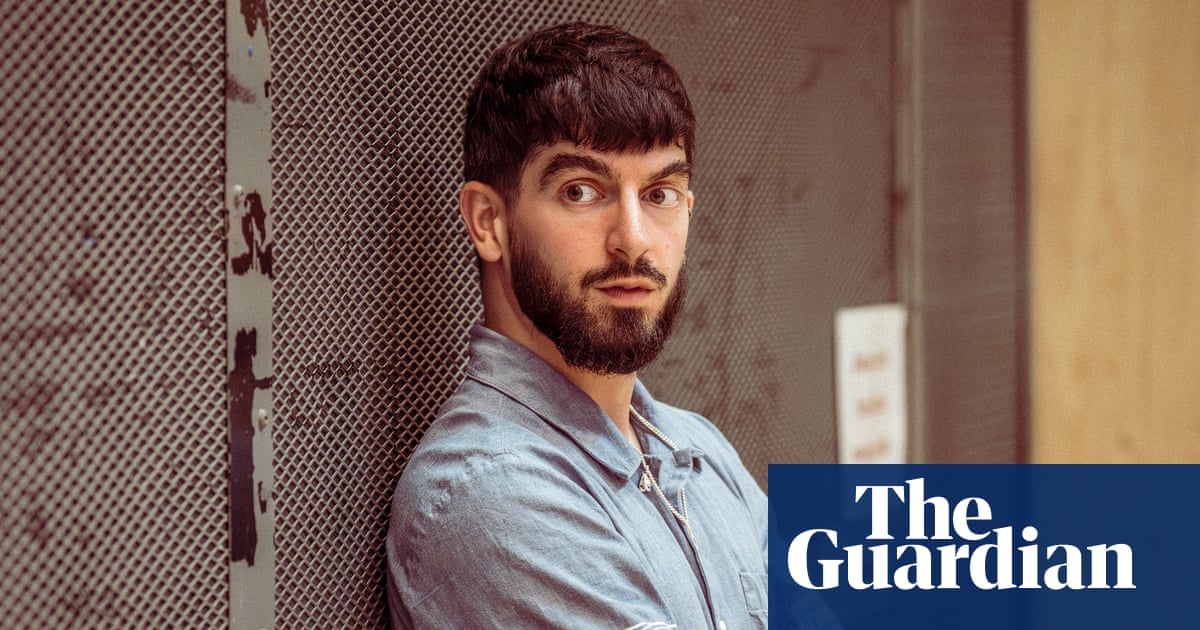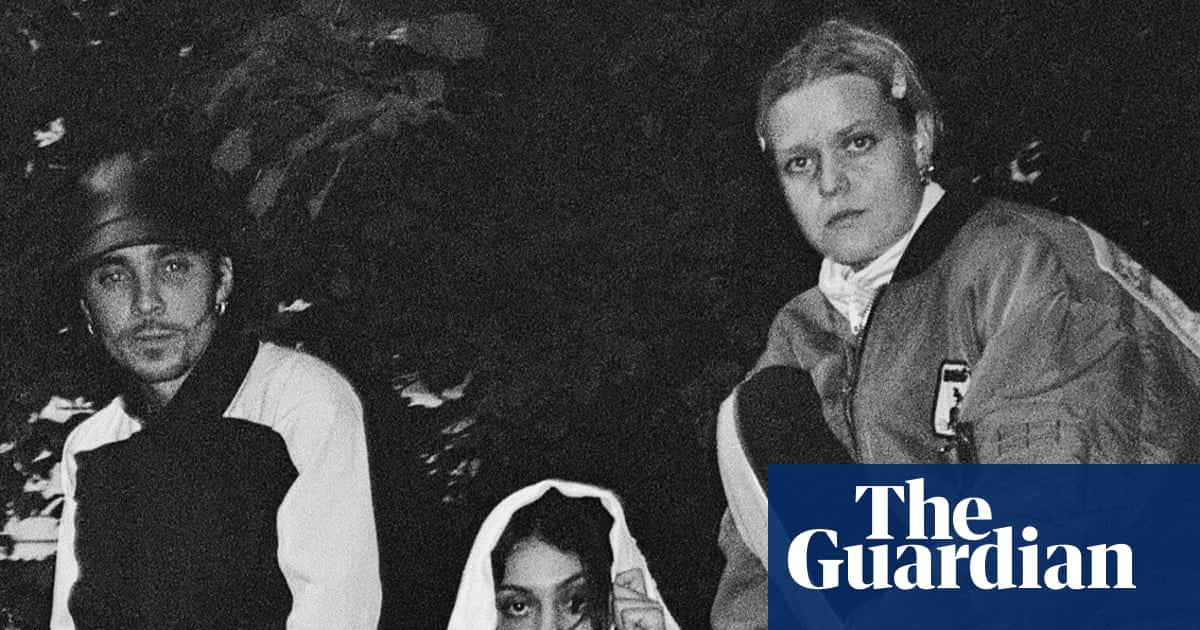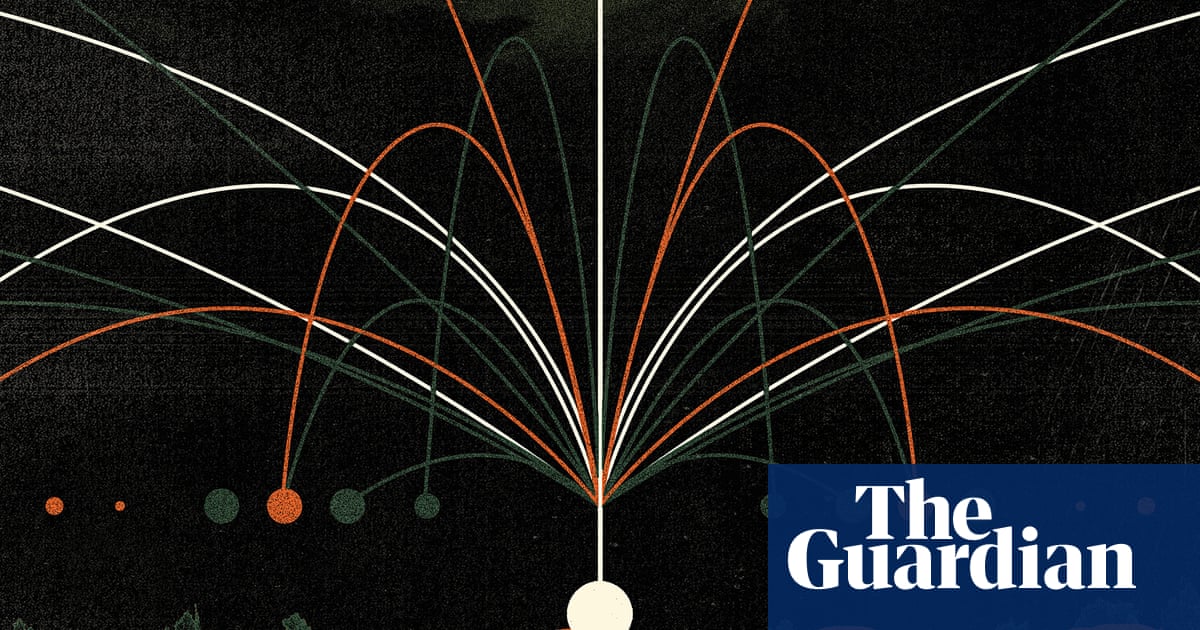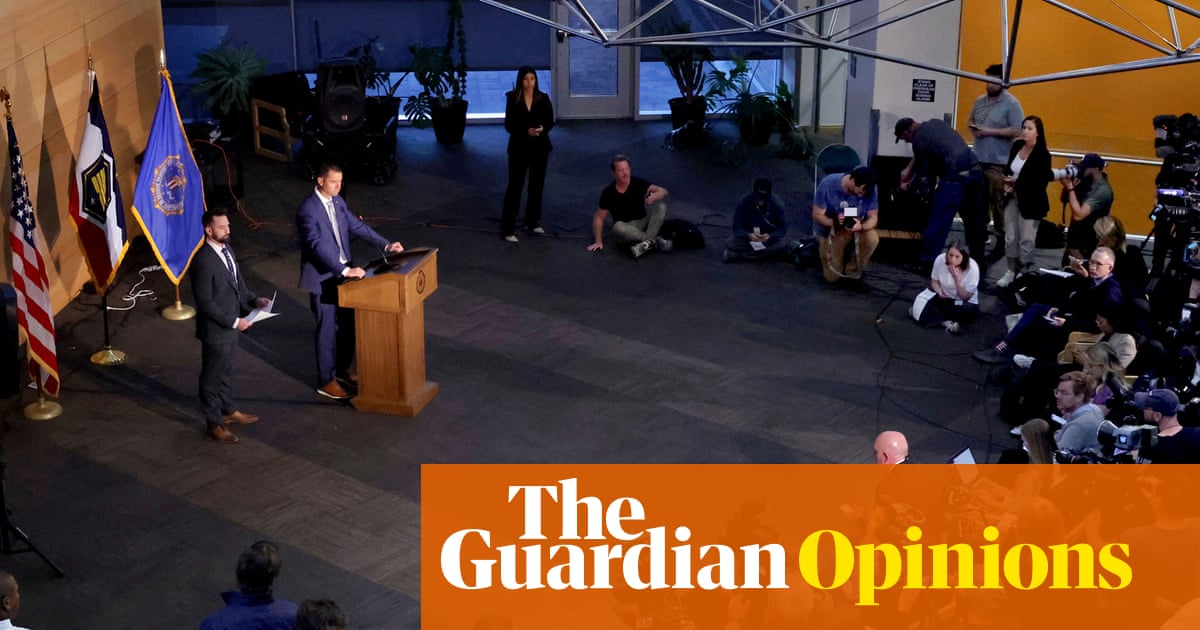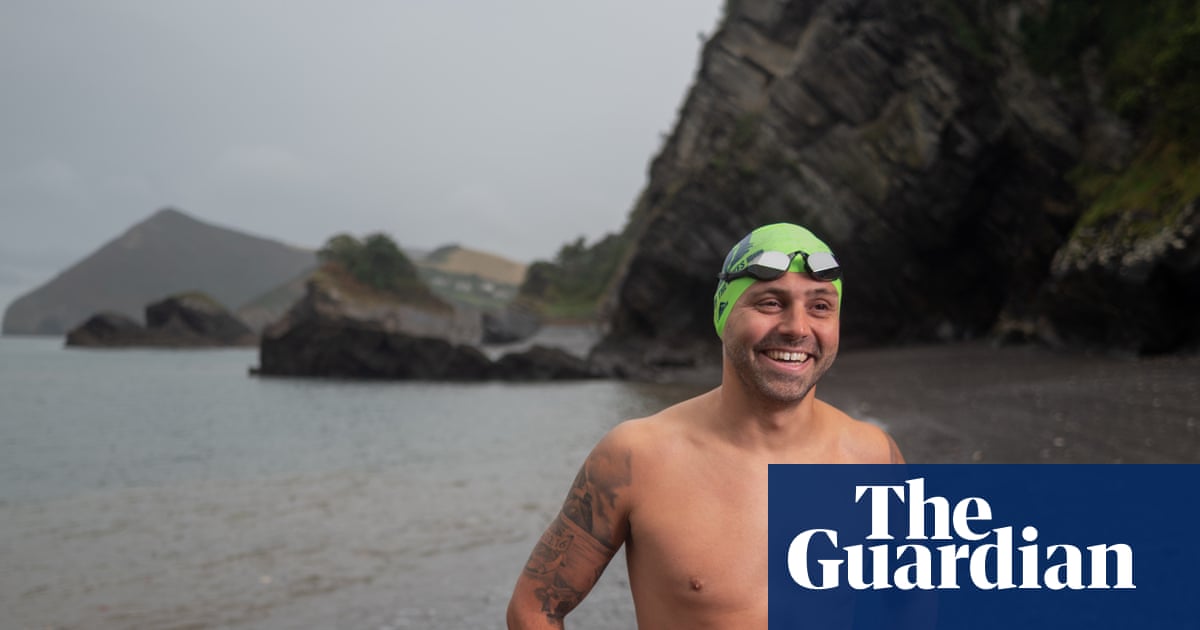Two children – a nine-year old boy and his six-year old sister – are playing at “house”, pretending to be their father and mother. Absorbed in the game, they repeat the words their parents have been whispering to each other when they thought their progeny were not listening.
Playing like innocent children all over the world play and have played since the beginning of history. But, here and now, in America, the words some endangered children may be exchanging are far from innocent.
What do we do if they come for you, my love, if I never see you again? Who do I call, who do I turn to? What if they also take me? And the children, what if they also come for the children?
I can sadly envisage many boys and girls in this country today playing that game, asking each other questions like these while their undocumented family awaits the knock on the door, alert to the sound of a van outside ready to transport them away and rush them off to a distant land.
It is not the first time I have had to imagine such a distressing situation. Almost 50 years ago, while in exile in Amsterdam, I wrote a story, My House Is On Fire, featuring a pair of siblings who ask precisely those questions while playing a similar supposedly naive game. I set the story in Chile, a land then under the savage boot of the military, using my fiction as a way of returning to the country forbidden to me as I tried to figure out how those children would cope psychologically with the threat of agents of the state roaming the streets in search of dissidents to arrest and disappear, what sort of permanent scars of dread would be carved into the souls and bodies of those kids forced to become adults before their time.
It is tragic and disgraceful that the fate of a boy and a girl in yesteryear’s dictatorial Chile can resonate so perversely in today’s America, that their Latin American destiny of apprehension and mistrust echoes what is being perpetrated in so many homes across this land that once beckoned to foreigners to come and build a different sort of future.
Though it is, alas, the current United States on to which I am projecting the Chilean experience of those conjectured children, other countries and other youngsters have come to mind over the past half century as suffering parallel afflictions: Jewish children in the time of the Nazis and Palestinian children in the time of Israeli onslaughts, and Sudan and Brazil, Iran and Belarus, Turkey and Rwanda and Egypt and on and on, a deluge of nations where so many children have asked, at one time or another, what happens if they take away my parents, what happens if they come for me?
It is likely that my identification with, and sympathy for, that array of unfortunate young victims may have stemmed from my own life experiences. Even if I had no recollection of what it meant to leave my Argentine homeland at the age of two and a half when my rebellious father had been forced to flee to New York to escape the wrath of that country’s fascistic military, memories of that trauma must have resurfaced when– by then I was nine years old - the Red Scare in the United States instilled fear in so many families with leftwing ideas or activities, leading our own family to once again take flight, this time to Chile. And history was going to repeat itself when, after Augusto Pinochet’s coup of 1973, my six-year-old son Rodrigo followed his father and mother into remote realms, became himself a refugee. And the curse of banishment plagued us yet again in 1986, when I was arrested at the Santiago airport by Pinochet’s secret police, who proceeded to expel me from the country along with our seven-year-old son Joaquín, already born into expatriation during our Dutch exile.
Not strange, then, that I should be haunted by the tragedy of so many forsaken youthful lives being irreversibly twisted, what it does to each boy, each girl, to live in perpetual terror of deportation or death. But I have recently been troubled by a question about another kind of social repercussion: what do we lose, those who watch such persecution and do little or nothing to avert it, what does society lose by hunting down these children and, ultimately, removing them from our midst?
We would, needless to say (and yet it must be said), find ourselves depreciated by the vanishing of even one of these defenseless minors, forfeiting the cosmic galaxy of skills and dreams and endowments that each of them promises, how they might enrich us for generations to come. Given that this self-evident truth has been insufficient to stir enough public opinion to get such maltreatment to cease, it might make sense, in our celebrity driven and success-soaked society, to exemplify that loss in a more dramatic and spectacular fashion.
Faced with that ominous question, what do we lose, I answer with a name that cannot be indifferent or unrecognizable to anyone: Mozart, we risk losing future Mozarts. Can we deny that each deported child has within himself, within herself, the potentiality to become another Mozart?
Instead of that musical genius I could, of course, suggest any number of other amazingly gifted human beings. There could be an Albert Einstein lurking inside the head of one of the boys being whisked right now to some unknown destination, there could be a Madame Curie inside one of the girls going through that ordeal. A Cervantes, a George Eliot, a Bob Dylan, a Taylor Swift, a Nelson Mandela, an Abraham Lincoln, a Harriet Tubman, a Simón Bolivar, a Garibaldi, a Monet, a Sappho, a Meryl Streep, who knows what miracles are being snuffed out with each stalked child?
Let me insist, however, on Mozart as the most luminous paragon in this experiment bent on rattling consciences. True that, during his childhood, he never faced the threat of harassment by cruel authorities. And yet, I am sure he would understand the anxieties and uncertainties that trouble today’s migrant youngsters in America. One can imagine, as I have done in my novel Allegro, what such a sensitive child must have felt when he was separated from his family and was forced to accept adult tasks and responsibilities, pondering who to trust in a world suddenly full of strangers. Like me at his age, like my own children, like so many imperiled children in the US, Mozart also must have worried about death, must have feared being abandoned at an early age.
Who could better represent the latent aspirations and possible talents of many of those contemporary youngsters whose violent passing from among us should fill us with shame and grief? The most famous child prodigy of all time, composing music at the age of five, playing the piano for monarchs once he was seven: I can conjure up no more eloquent and renowned spokesperson for vulnerable children everywhere.
Let us, therefore, call on the ghost of Johannes Chrysostomus Wolfgangus Theophilus Mozart to return to Earth and excoriate those victimizers who are ordering and carrying out such acts of merciless repression against his young outcast counterparts in the US and beyond its frontiers.
I can hear him telling them to beware of the consequences of terrorizing and deporting a child. You are not only, I can hear him say with that voice which once sang to the world some of the most immortal and consoling melodies ever created, committing a crime against humanity. You are, Mozart would warn them, committing a crime against beauty and the compassionate imagination of our species.
-
Ariel Dorfman, an emeritus distinguished professor of literature at Duke University, is the Chilean-American author of the play Death and the Maiden and, more recently, the novels The Suicide Museum and Allegro.

 3 months ago
91
3 months ago
91
